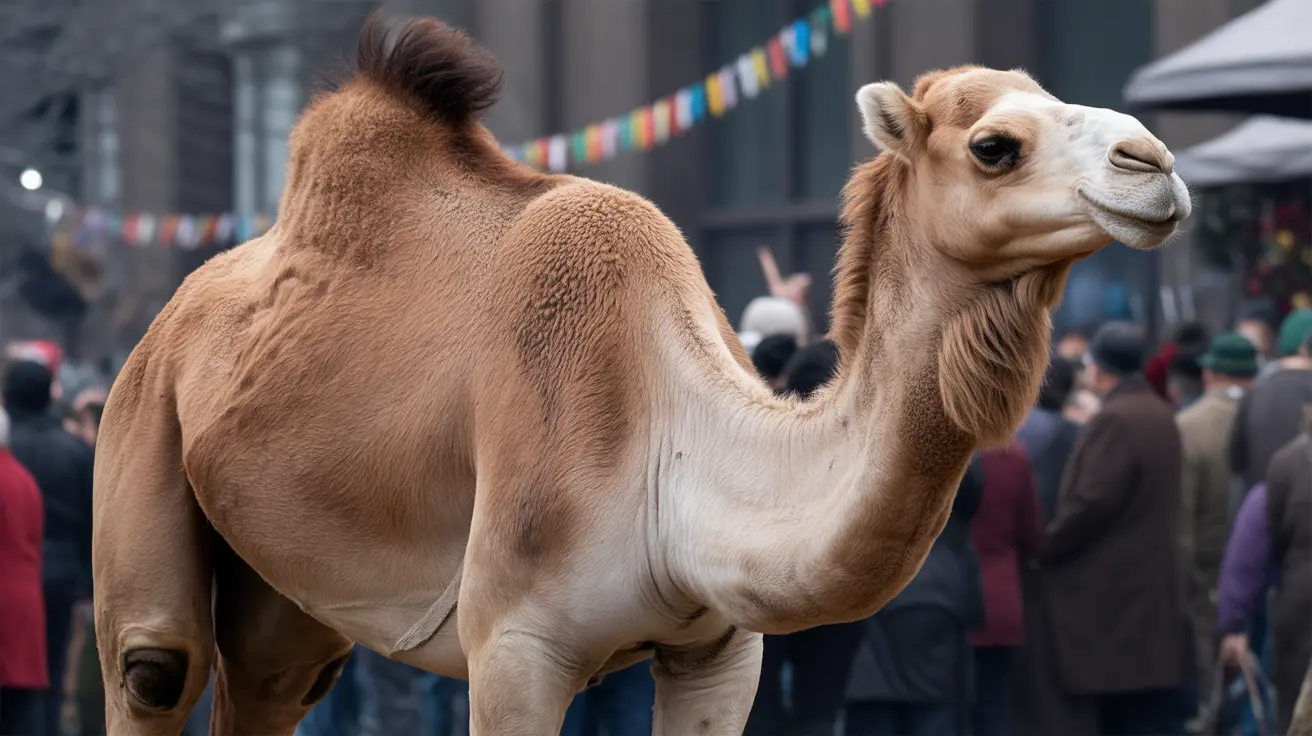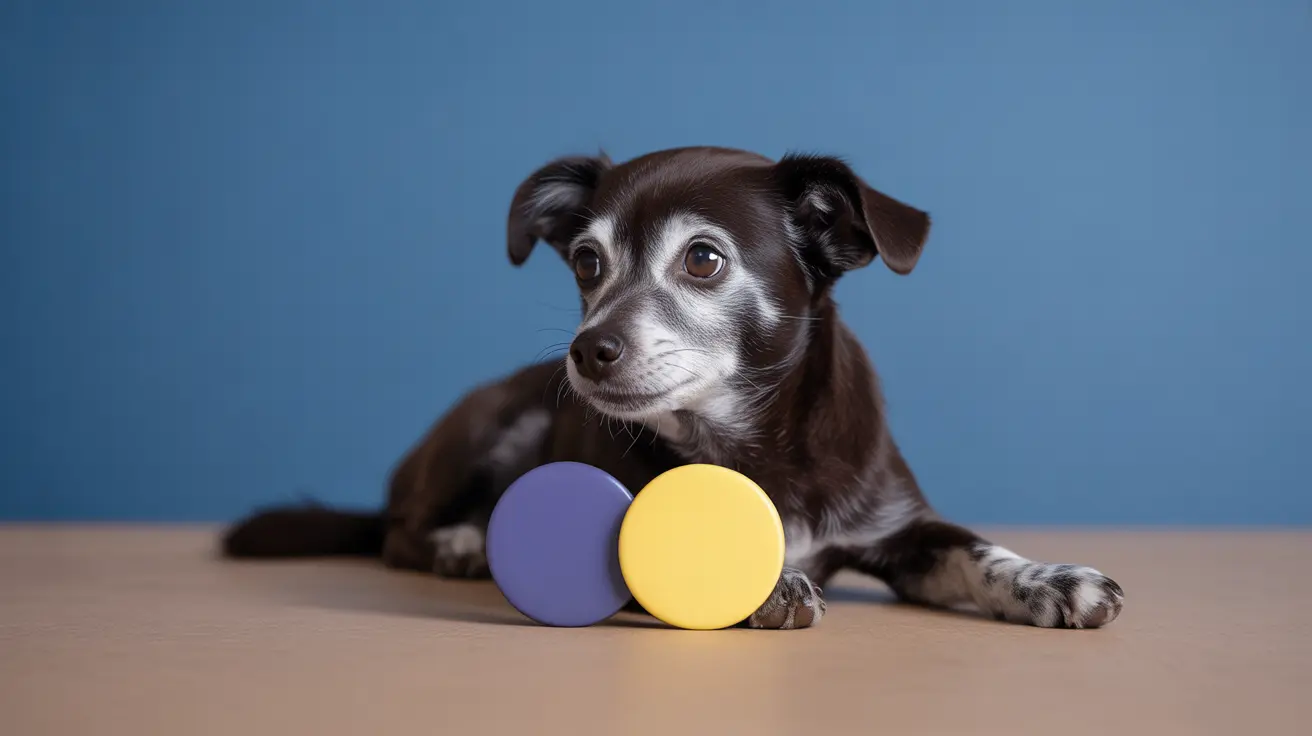Why You Should Never Feed Your Dog Corn Cobs
Responsible pet ownership includes understanding which foods are safe for dogs and which pose serious health risks. While many natural foods such as cooked corn kernels can be safe in moderation, one form of corn is unequivocally dangerous for dogs: the corn cob. Feeding dogs corn cobs can lead to life-threatening consequences, including choking and intestinal blockages that require emergency surgery. Here's why you should never offer a corn cob to your pet and what alternatives are safer and healthier.
The Hidden Danger of Corn Cobs
Even though corn is commonly found in many dog foods and seems harmless, the cob itself is indigestible. Dogs may be attracted to it due to trace flavors or texture, but ingestion poses serious risks. Because dogs can’t digest the tough fibrous material, a swallowed cob may lodge in the throat or obstruct the digestive tract, creating an emergency situation.
Key Reasons to Avoid Corn Cobs
- Choking Hazard: Especially in small or medium-sized dogs, a cob can block the airways.
- Intestinal Blockage: Even if swallowed successfully, the cob may become trapped in the intestines, causing a potentially fatal blockage.
- No Nutritional Value: Unlike kernels, the cob doesn't provide any useful nutrition for dogs.
- Delayed Symptoms: Dogs may initially seem fine after eating a cob, but symptoms can appear hours or even days later.
Signs of Corn Cob Ingestion or Blockage
Immediate veterinary attention is needed if your dog has ingested any part of a corn cob. Watch out for these symptoms:
- Persistent vomiting
- Lethargy
- Lack of appetite
- Constipation or diarrhea
- Abdominal pain or swelling
- Unusual behavior or discomfort
Emergency Response
If a dog ingests a corn cob, don't wait for symptoms to get worse. Take your pet to a veterinarian immediately. Diagnosis usually involves X-rays or ultrasound, and in many cases, surgery is required to remove the blockage. Time is critical—delayed treatment can result in intestinal rupture or death.
Safe Ways to Serve Corn
Corn kernels, when prepared correctly, can be a safe treat:
- Cook the corn—Never serve it raw or seasoned.
- Remove kernels from the cob—Avoid any chance of whole cob ingestion.
- Portion control—Give small amounts only occasionally.
- Avoid add-ons—No salt, butter, or spices.
Unsafe Corn-Based Products
Certain corn derivatives and snacks are also unsafe, including:
- Canned corn (high in sodium)
- Corn chips and tortillas (contain salt and oils)
- Popcorn with butter and seasonings
- Corn syrup (high sugar content)
Better Snack Options for Dogs
If you’re looking for nutritious alternatives, consider:
- Baby carrots
- Cooked sweet potatoes
- Plain pumpkin puree
- Blueberries or apple slices (no seeds)
- Lean cooked meats
Consult Your Vet
Every dog is different. Some may have sensitivities or food allergies—even to common foods like corn. Always consult your veterinarian before introducing new items to your dog’s diet and observe for any allergic reactions.
Final Thoughts
While corn kernels can be a safe, occasional snack, corn cobs are unequivocally dangerous for dogs. Their tough, fibrous structure is not digestible and poses a severe threat of choking or gastrointestinal obstruction. Prioritize your dog’s health by avoiding risky items like corn cobs, and opt for safer, veterinarian-approved treats. When in doubt, always prioritize caution and consult with a veterinary professional.





